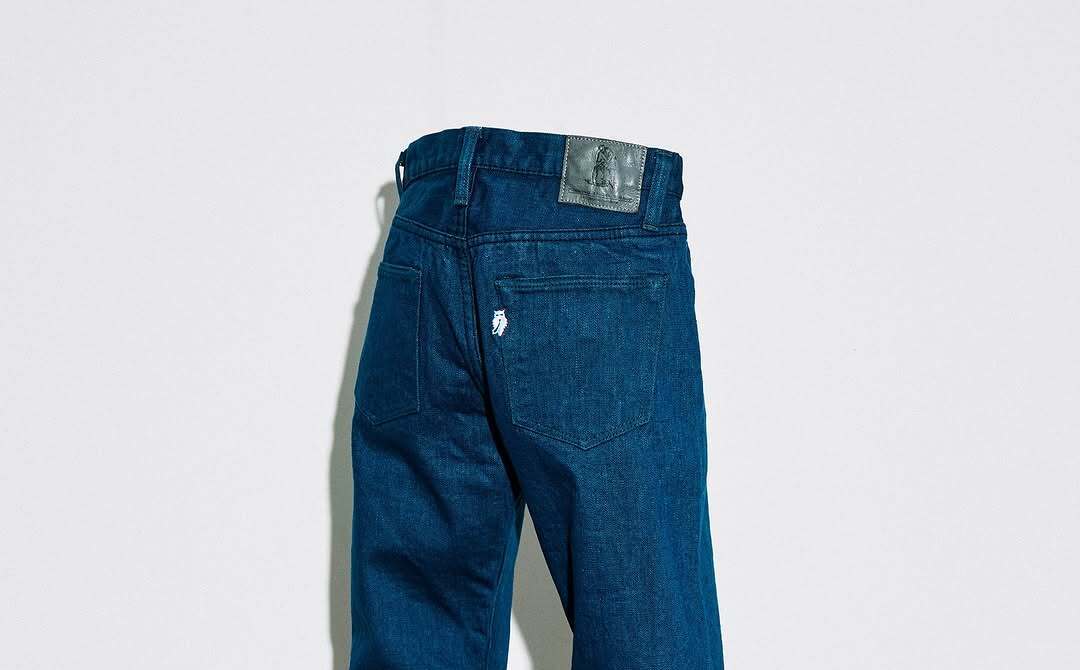Hong Kong’s top hair experts share the secrets to getting and maintaining thick, luscious locks while preventing hair loss. Tama Miyake Lung reports
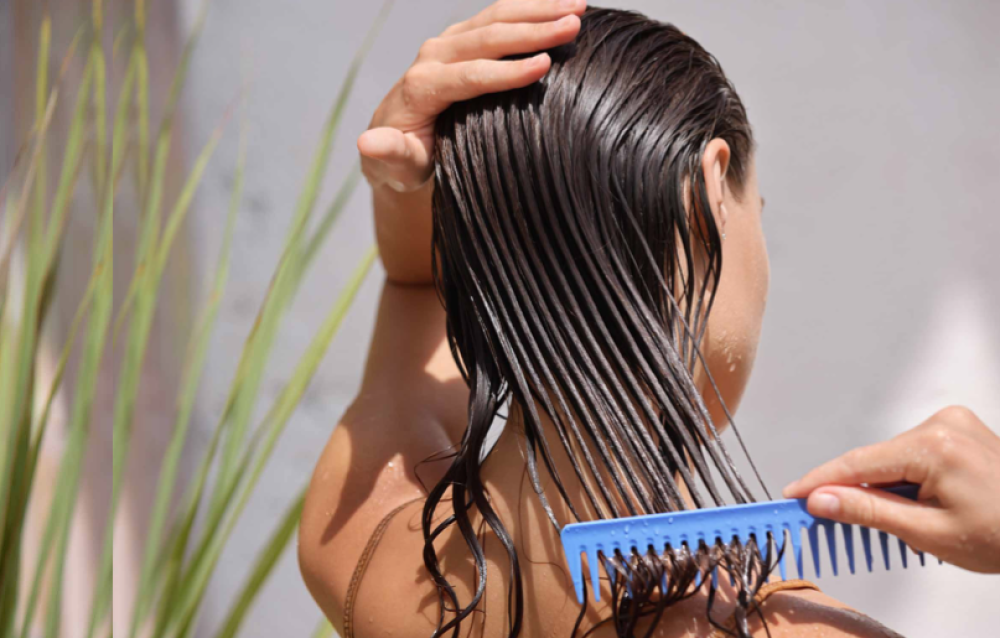
Hair – with a few exceptions, of course, we all have it. But most of us don’t really think about our hair until it starts to lose its lustre, thin out, fall flat or, God forbid, fall out altogether. While the rate of hair growth slows as we age, among other changes to its texture, thickness, colour and density, there are various ways to keep your strands looking and feeling healthy and strong whether you’re 25 or 75. All it takes is a little knowledge and a whole lot of TLC.
“Your hair grows from the lowest layer of skin: the dermis. The blood vessels within the dermal tissue obtain blood and nutrients, and ultimately form the hair shaft,” says Ray Chan, a Hong Kong hairstylist who is currently based in the UK and did the hair direction for Maggie Cheung in In the Mood for Love and Wong Kar Wai’s 2046. “There are many things that affect hair growth or hair loss: for example, protein deficiency, genetic factors, lack of sleep, excessive use of inappropriate chemical products
on the scalp and emotional stress can all cause temporary hair loss. Women can suffer from iron deficiency, hormonal imbalances after pregnancy and childbirth, and hair loss during menopause. Men begin to lose their hair around the age of 60, and the hairline becomes M-shaped, while women’s hair becomes thinner from the roots to the ends.”
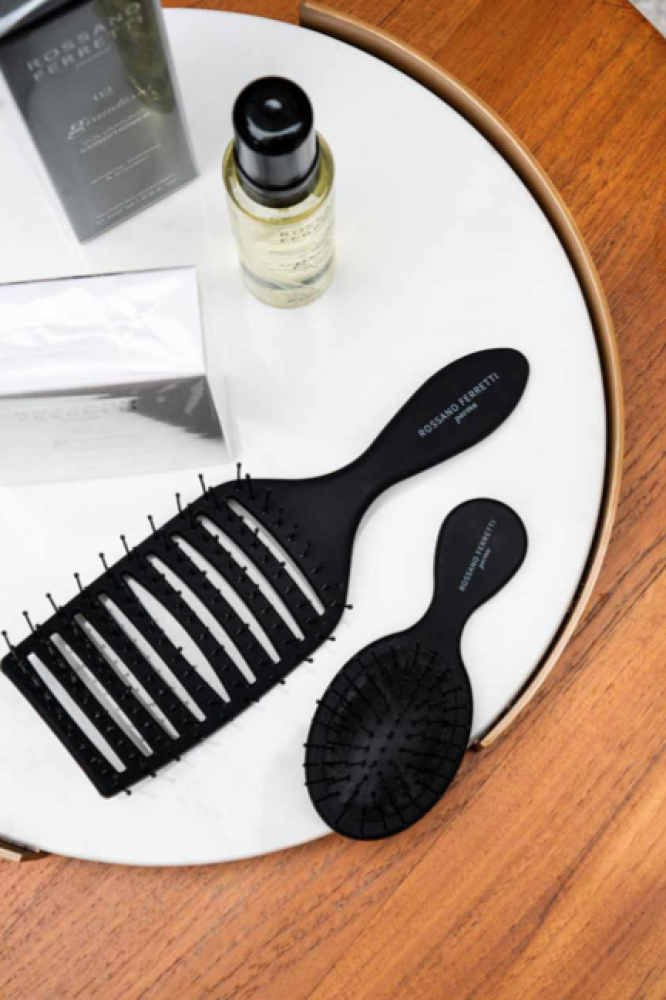
While certain changes are inevitable, Chan emphasises the importance of proper nutrition as
well as lifestyle habits in maintaining a healthy head of hair. “Vitamins B6, B2 and folic acid can form haemoglobin and provide oxygen to the scalp. It’s recommended to consume beans, meat, eggs, liver, nuts and green vegetables and other foods to supplement vitamin B complex and prevent hair loss,” he says. “And getting enough sleep is very important.”

Renowned Italian hairstylist Rossano Ferretti, whose Rossano Ferretti HairSpa recently opened within the Asaya wellness concept at Rosewood Hong Kong, offers similar advice for his legions of celebrity clients. “To keep hair thick and luscious, it’s essential to maintain a healthy lifestyle and use the right hair products,” he says. “A balanced diet rich in vitamins and minerals, particularly biotin, zinc, and vitamins A, C and E, supports hair health.”
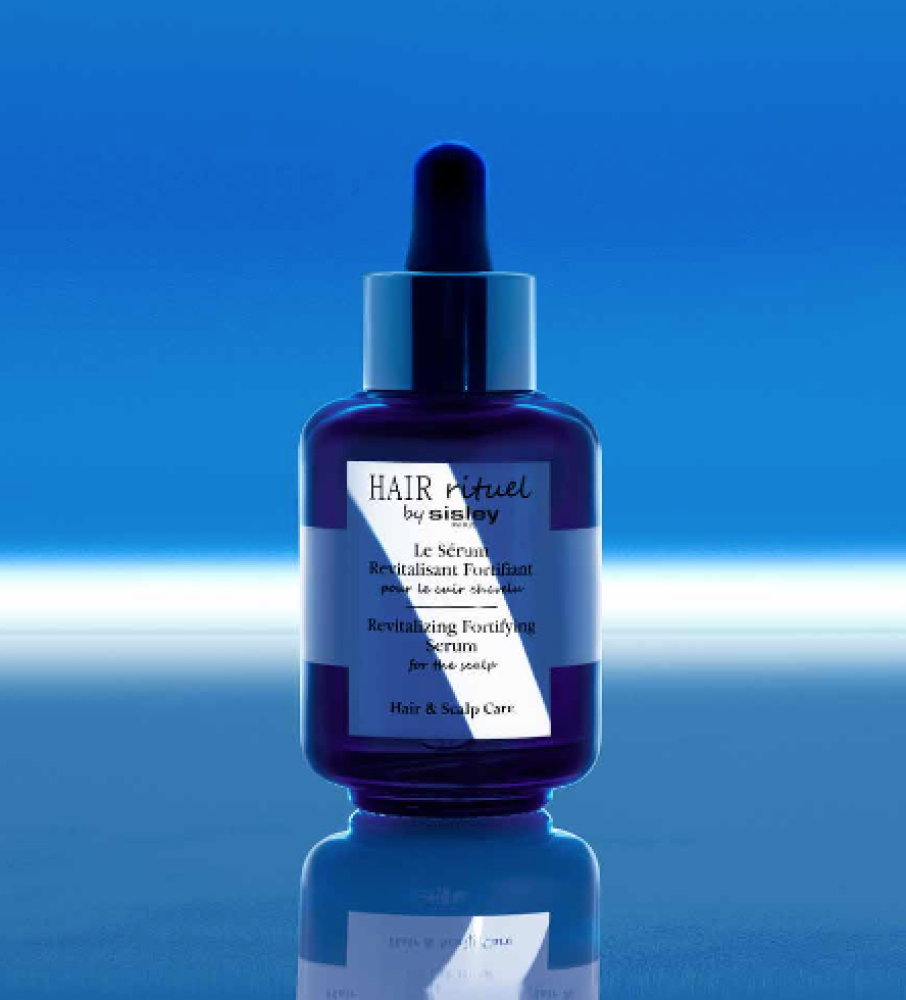
As Joey Chung, training manager for Sisley and Hair Rituel by Sisley, adds, keeping an eye on your hydration and stress levels is also key. “Treating thinning hair requires a holistic approach that encompasses nourishment, effective product care and gentle styling,” she says. “Incorporate daily habits such as maintaining a balanced diet rich in vitamins and proteins, staying hydrated for natural shine, managing stress to prevent hair loss and minimising heat styling to avoid damage.”
Regardless of your age or hair type, all the experts agree that good hair begins with a healthy scalp.
“Hair naturally gets thinner as we age but if our scalp is healthy, ageing will slow down and the hair will not get too thin,” explains Christy Chu, assistant training manager for Leonor Greyl Hong Kong, who recommends daily scalp massages and weekly deep-cleanses to promote circulation and stimulate hair growth as well as choosing a shampoo based on your scalp’s condition – dry, oily or sensitive, for example – rather than your hair’s.
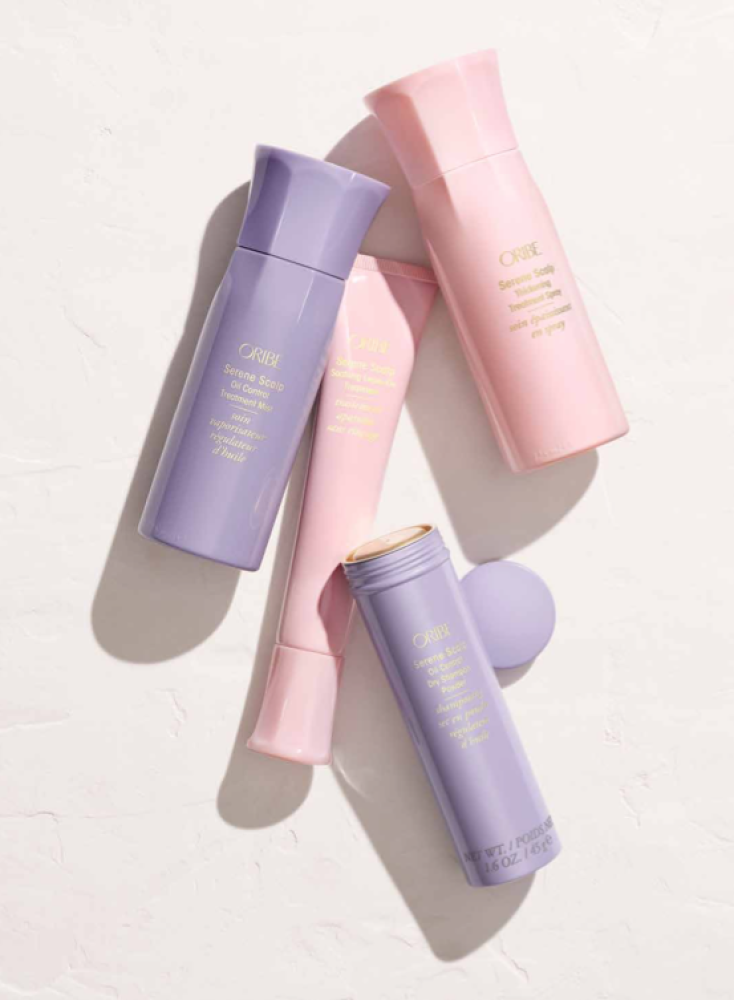
According to Chan, regular scalp cleansing can also remove a buildup of styling products and oil that
can block hair follicles and prevent hair from growing. To address these concerns, most haircare brands now offer products specifically targeted at the scalp, including Oribe’s Serene Scalp Oil Control Collection designed to rebalance the scalp’s delicate microbiome while reducing excess sebum and oil. Aveda’s newly launched Invati Ultra Advanced Collection, which targets thinning hair, features a five-step system that includes an exfoliating shampoo and revitalising scalp serum to support a healthy hair life cycle. For a tried and tested solution, Rene Furterer has offered its detoxifying scalp treatment Complexe 5 since 1957. The warming concentrate of lavender and orange essential oils cleanses and purifies the scalp to help restore balance and boost the penetration of active ingredients that follow.
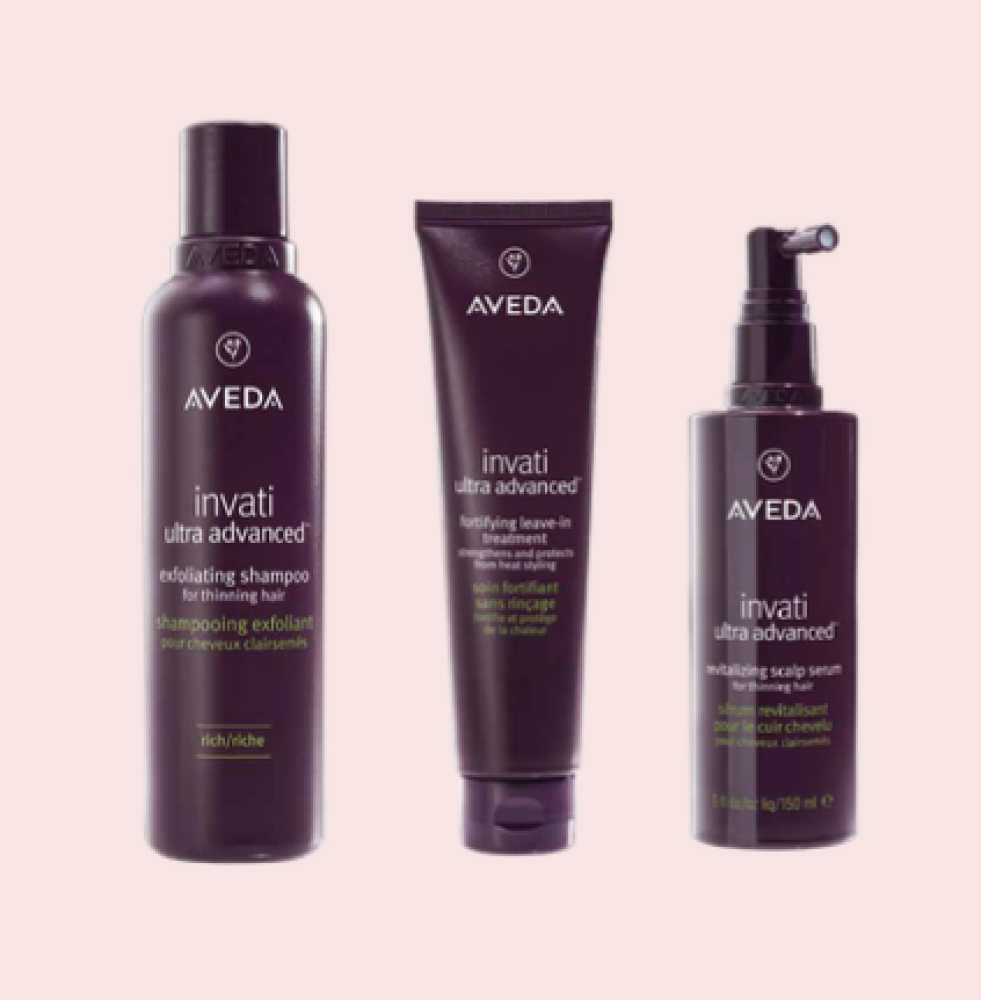
Once the scalp is taken care of, it’s time to turn your attention to your strands. “At home, use gentle, sulfate-free shampoos and conditioners that are tailored to your specific hair type and need, to hydrate and nourish the scalp and hair,” says Ferretti, whose eponymous haircare brand includes the Grandioso collection for fine or flat hair, the Dolce collection for dry hair, the Vita collection for weak or mature thin hair, and the Prodigio collection for all hair types in need of deep cleansing and regeneration.
“Avoid excessive heat styling and harsh chemical treatments that can damage the hair shaft making
them weaker, thinner and more prone to breakage. Incorporating a weekly deep conditioning treatment
can help maintain hair moisture and strength, like the Prodigio Regenerating Treatment,” Ferretti adds. “For those visiting the Rossano Ferretti HairSpa at Rosewood Hong Kong, I recommend our signature hair treatments that focus on revitalising the scalp and hair. Our bespoke hair and scalp analysis allow us to tailor treatments specifically to your needs, ensuring the best results.”
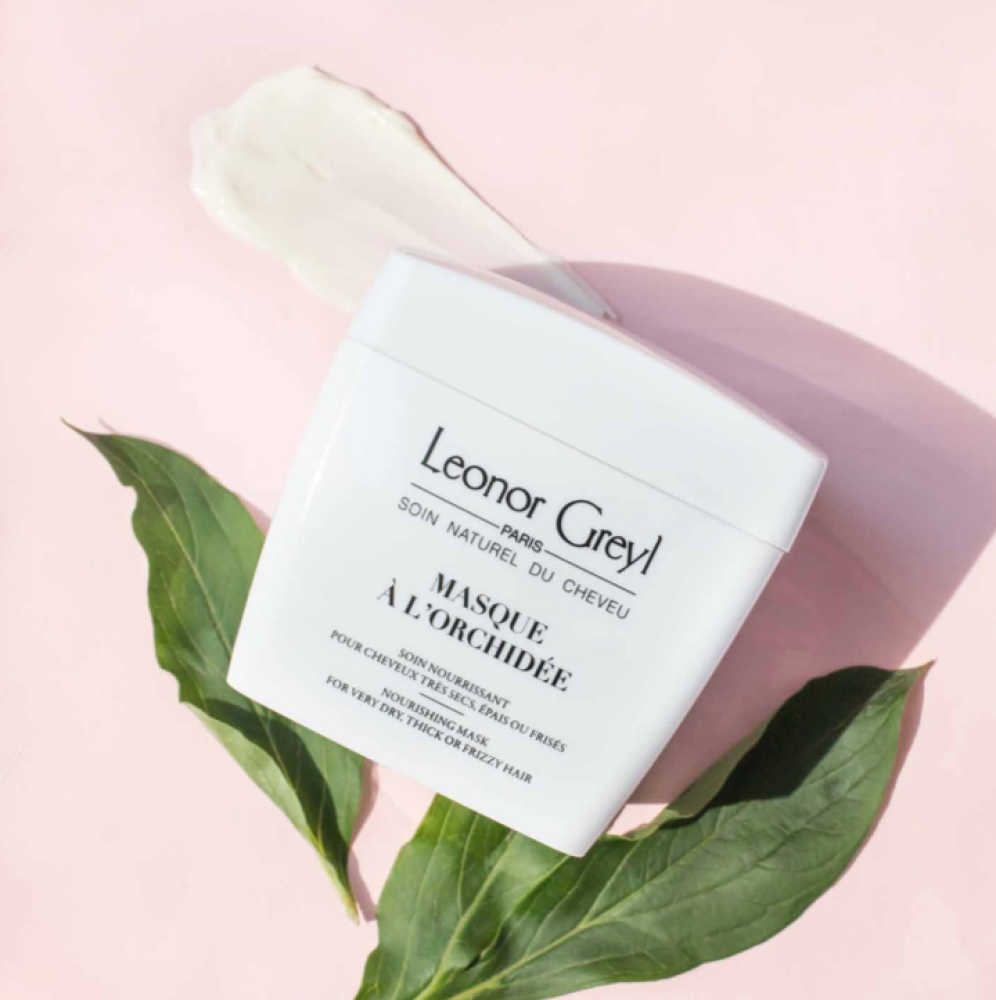
Some brands like Kérastase also offer online diagnostic tools to help you create your perfect haircare routine. Because if you’re looking to improve the thickness and condition of your hair, not just any shampoo and conditioner will do. “The choice of haircare products is crucial, and that’s where Hair Rituel’s award- winning Revitalizing Fortifying Serum and Fortifying Densifying Shampoo come into play. This dynamic duo energises the hair bulb, promotes denser growth and creates an optimal environment for hair vitality,” says Chung. “Also, try to use haircare products with natural ingredients. For example, wheat protein and maca help revive hair growth, resulting in stronger and healthier hair. Avoid using products with chemicals including parabens and sodium lauryl sulfate.”
Other practical tips from Leonor Greyl’s Chu include washing hair with warm water instead of hot to protect the scalp, combing your hair every day and especially before shampooing, using the lowest setting on the hair dryer, and avoiding bleach and chemical dyes that can cause protein loss and make hair weaker and thinner.
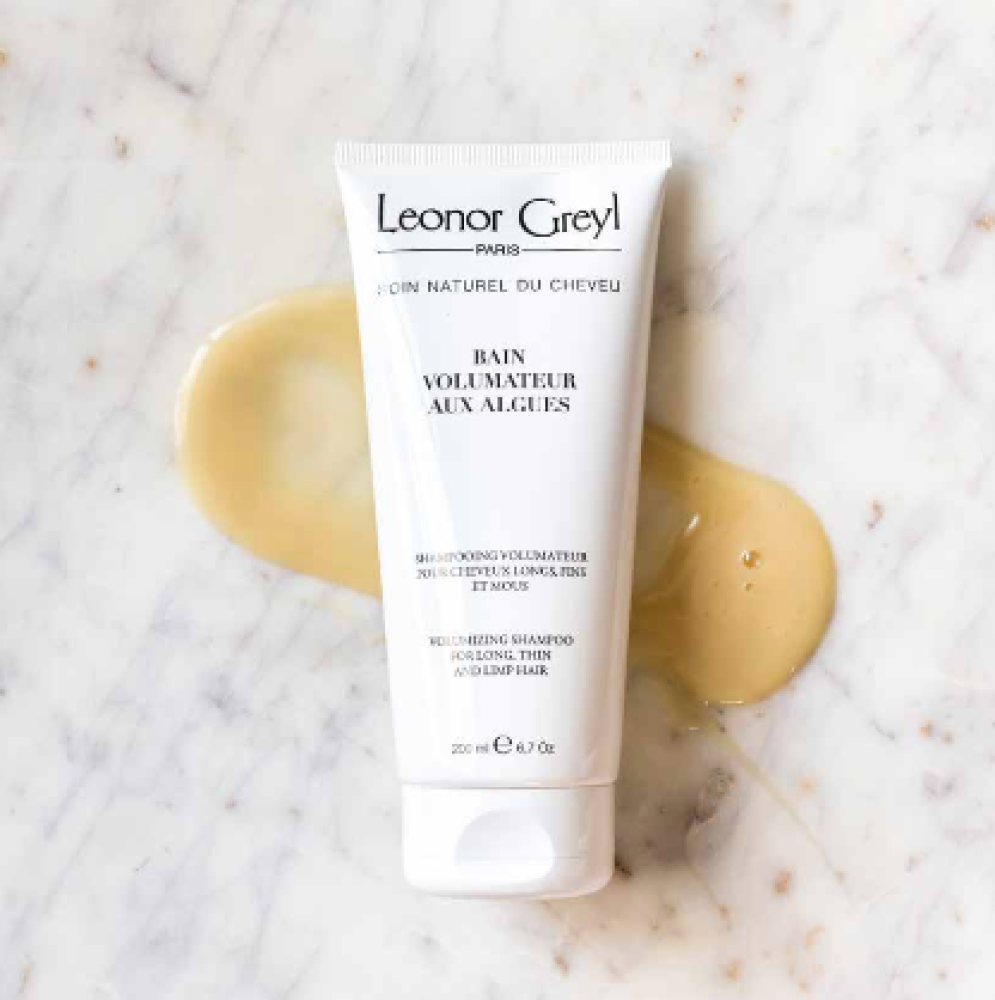
Chan, who recommends the CurrentBody Skin LED Hair Growth Helmet for anyone experiencing significant hair loss or thinning, also has some advice for how to handle the hair to minimise damage. “Your hair can grow up to 15 cm per year. Hair has a certain life cycle, called the anagen (growth), catagen (transition) and telegen (resting) phases of hair. During the resting period, approximately 25 to 100 hairs will fall out on a normal day. Short, soft hair means it’s in the growth phase, and even-length hair means it’s about to transition from the growth to the resting phase. Be gentle when you comb or style your hair, because you definitely don’t want to pull out those hairs that are still growing,” he says.
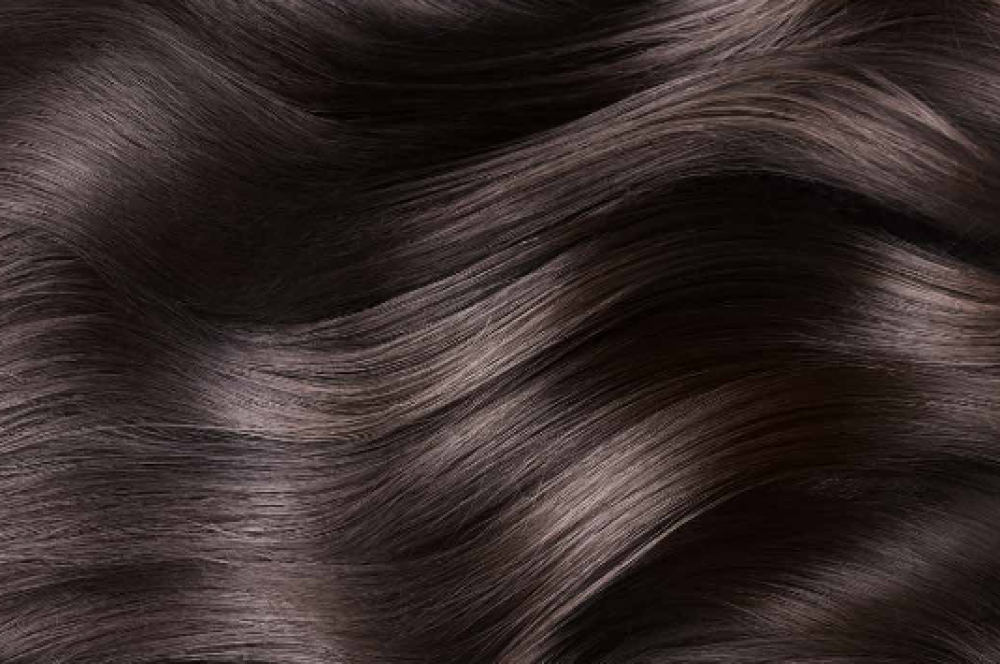
“Using a large comb, every night gently comb your scalp starting from the hair on the back of your head and close to your neck to increase circulation and prevent hair loss. When applying shampoo, it’s also best to start from the back of the head. Because the hair on the forehead and top of the head is relatively sparse, it needs to be handled particularly gently.”
So get some rest, eat right, be good to your scalp, and take the time to find the ideal solutions for your one-of-a-kind tresses. “Remember,” Ferretti says, “the key to luscious thick hair is consistent care, and choosing products and treatments that cater to your unique hair needs.”
Also see: Pride Month: Queer beauty brands worth checking out





